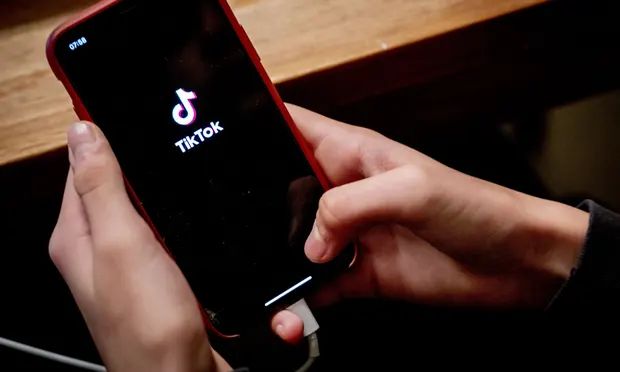
TikTok just announced another round of layoffs in its US eCommerce division, and this marks the third time they’ve had to cut staff from their Shop department. The reason for this is they’re simply not hitting their ambitious sales targets, despite what seemed like promising growth.
This TikTok layoffs news isn’t just about numbers on a spreadsheet – it represents a bigger challenge that the platform is facing as it tries to transform from a entertainment app into a shopping destination.
TikTok actually did see some impressive growth in 2024. They reported a 3x increase in Black Friday sales and generated around $30 billion in total gross merchandise value (GMV) for the year. That sounds huge, right?
But it’s apparently not enough. When you compare those TikTok sales numbers to what’s happening in China with Douyin (TikTok’s Chinese version), you can see why the company might be disappointed. Douyin generated a staggering $490 billion in GMV in 2024, which is more than 16 times what TikTok managed in the US.
The Live Shopping Disconnect
One of the biggest drivers of Douyin’s success has been live-stream shopping, where creators showcase products in real-time and viewers can buy instantly. While TikTok has been trying to replicate this with TikTok live shopping in the US, it just hasn’t caught on the same way.
TikTok’s Continued Push Despite Setbacks
Despite these challenges, TikTok isn’t giving up on its social commerce ambitions. The platform just announced new shopping events for US consumers, including “Shop Locally Made” and “Deals for You” campaigns. They’re also expanding TikTok Shop to new markets, with Japan being the latest to get access.
The TikTok shopping strategy seems to be based on the “if you build it, they will come” philosophy. They’re betting that if they keep adding features and promoting shopping opportunities, American users will eventually embrace in-app purchasing.
The Lesson
The TikTok Shop performance issues highlight something important about global business strategies. Just because something works incredibly well in one market doesn’t mean it’ll automatically succeed everywhere else.
ByteDance is learning this lesson the hard way as they try to replicate Douyin’s success with TikTok shopping worldwide. The platform changes they’ve made and the resources they’ve invested show how committed they are to this vision, but cultural barriers might be harder to overcome than they initially thought.

